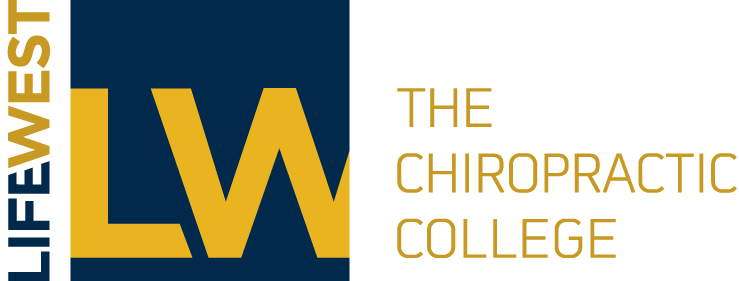Nature vs. nurture has often been discussed in the scientific realm. What makes us us? Is it our genetic makeup or is it how the environment influences us? It may be due to a little bit of both if you look into epigenetics. Epigenetics is the process by which genes are turned on or off without changing the actual DNA sequence. In other words, epigenetics is the expression of our genes.

Angela Nguyen
Epigenetics is what allows the cells in our bodies to differentiate into different cells. It is what causes a skin cell to become a skin cell or a heart cell to become a heart cell. The best known example of epigenetics is DNA methylation. In this chemical process, a methyl group (CH3) is added to DNA where a cytosine nucleotide is linked to a guanine nucleotide by a phosphate bond. These bonded nucleotides are also referred to as a CpG site. Typically, this process of methylation will silence whatever that gene is supposed to express.
One of the most extensively studied conditions in regard to epigenetics is cancer. As stated before, DNA methylation occurs at the CpG sites and turns off genes. These CpG sites are commonly found at the promotor region of DNA, leading to an increased likelihood of methylation in these areas. If this occurs in excess, it can cause mutations or completely turn off the gene. Normally, we have genes in our body called tumor suppressor genes that protect us from developing cancer. However, with the excessive methylation, these genes can be completely turned off, compromising our defense system and providing the opportunity for cancer to grow.
These methylation changes can be affected by both internal and environmental changes. An animal study has shown that supplementation with phytoestrogen in a mother mouse can create methylation changes that will protect her offspring from developing obesity in adulthood. In this case, what the mother mouse ingests can affect the expression of body mass in her offspring. However, it is not only the mother’s nutrition that has an effect on her offspring. A separate study found that the way a mother mouse cares for her offspring, such as licking, grooming and nursing, can also affect the expression of behavior. Furthermore, research has also found a connection between epigenetics and psychology, as well as epigenetics and aging.
Epigenetics has a lot of potential, but it is still currently being explored. There are definitely associations between environmental factors and the expression of our genes, and researchers are curious to investigate how epigenetics may play a role in curing certain diseases. By experimenting with turning off or turning on specific genes, we could potentially turn off all the “bad genes.” However, there are many complications that come with this idea. Everything in the body is connected, and the individual parts work together as a whole. By altering one set of genes, you could potentially have unwanted cascading effects on the rest of the body.
As research continues, it might be interesting to see the role, if any, chiropractic plays on epigenetics. Chiropractic care can restore and maintain proper functioning in the body, so in theory, it could keep DNA methylation at a normal rate too. We already know chiropractic can have a profound effect on the nervous system. It can possibly have an effect on the expression of our genes as well.
This article first appeared in the September 2019 issue of Lifelines, the Life West student magazine.


